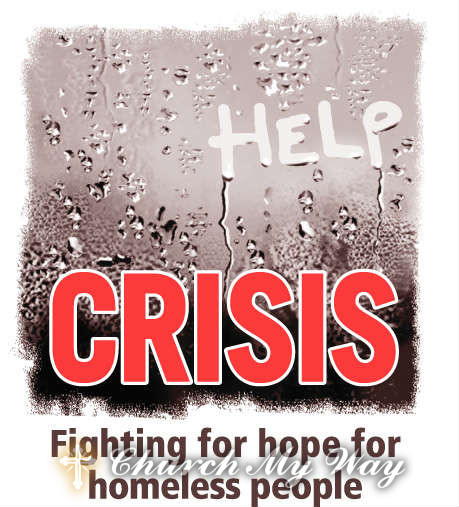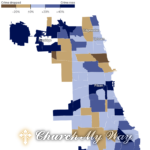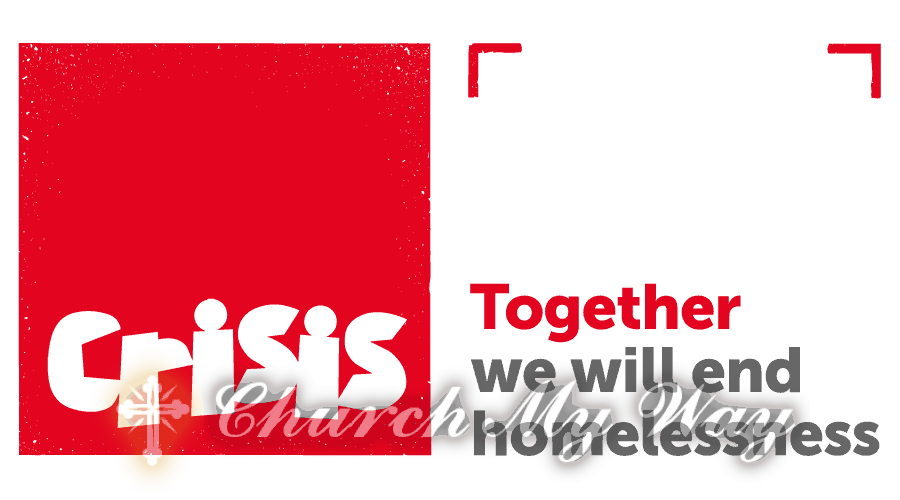In Crisis? Talk Now.
In Crisis? In the event that you or someone you know has been the victim of abuse, you should seek assistance as soon as possible from the appropriate civil authorities, child protective services, or adult protective services. You also have the option of seeking assistance from a victim advocate, a medical professional, or a counselor. These services can assist in protecting you from further abuse and helping to prevent it.
The following directory includes helplines that are both free to call and staffed by individuals who have received assistance-related training. The Church of Jesus Christ of Latter-day Saints is not responsible for the creation, maintenance, or control of these resources in any way.
Where can I find support, and how can I get it?
Help is available in a wide variety of guises and from a wide range of people. The prayers we pray are frequently answered by Heavenly Father in the form of support from other people. The support of the disciples and other believers was given to the Redeemer Himself. In the midst of his anguish in the Garden of Gethsemane, an angel appeared to him and gave him strength (see Luke 22:43). It is critical to your recovery to be showered with love and support during this time.
Resources for Help
Know that there are people who love you and want to help you, including your Heavenly Parents, the Savior, Jesus Christ, and the Holy Ghost. If you are feeling alone, know that there are people who love you and want to help you. They have the potential to become your most reliable sources of support. Because the Savior has been through all of your trials and tribulations, including those that were brought on by other people, He understands how to assist you (see Alma 7:11–12).
The Holy Ghost is able to provide us with consolation, peace, and spiritual fortitude to proceed in our journey. You can get assistance by praying to your Heavenly Father for guidance, and you will be led to people who can provide support for you.
It is up to the individual to decide when and who to approach for assistance in times of need. At first, it might be difficult for you to ask for assistance from your family, friends, or the leaders of your church. It might be easier to share with other people, such as in a support group or with a counselor (for more information, see the question “Should I get professional help?”). It’s normal to feel anxious about asking for assistance, but once you do, you might be surprised at the outpouring of love and acceptance that follows.
Pick friends and family members who uphold the values taught in the gospel. In order to provide assistance in situations involving abuse, licensed professional counselors, in jurisdictions where such licenses are required, should meet certain qualifications.
Resources Available to the Local Community and Church
(The Church of Jesus Christ of Latter-day Saints did not create, is not responsible for maintaining, or has any authority over some of the resources that are listed below. Despite the fact that these materials are intended to serve as additional resources, the Church does not endorse any content that is not consistent with its doctrines and teachings.)
- Connect Directory: Victim Connect resource center
- Organizations for Adult Survivors of Abuse – Child Welfare Information Gateway
- Find Support Groups | Mental Health America (mhanational.org)
- LDS Family Services Counseling
- Childhelp National Child Abuse Hotline (US and Canada; 170 languages): 1-800-4-A-Child or 1-800-422-4453. Crisis intervention and information, referrals to support services. Confidential 24/7 support.
- Child Protective Services | Childcare.gov
- The National Domestic Violence Hotline (200 languages): 1-800-799-7233 or 1-800-787-3224 (TTY). Advocacy information and safety planning. Email (English) and chat (English and Spanish) are also available.
- National Dating Abuse Helpline (200 languages): 1-866-331-9474 or 1-866-331-8453 (TDD). Email and text (English) and chat (English and Spanish) are also available.
- Freephone 24-hour National Domestic Violence Helpline (UK; English): 0808-2000-247. Email is also available.
- National Sexual Assault Hotline (US; English and Spanish): 1-800-656-4673.
- National Sexual Assault Online Hotline (US): Live chat. Help from a trained support specialist.
- National Suicide Prevention Lifeline (US; English and Spanish): 1-800-273-8255. Live chat.
- How can the church help you with finances?
- Revealing the Words of an Angel Who Came from Heaven
Other Online Resources
- The National Child Traumatic Stress Network: Information on crisis hotlines, mental health guidance, help for abused or neglected children, help for sexually abused children, responding to disasters, and victim assistance and compensation programs.
- RAINN.org (Rape, Abuse & Incest National Network): Programs to help prevent sexual violence, help survivors, and bring offenders to justice.
- The National Center for Victims of Crime: Resources to assist victims of crime. Help in learning about victim rights and options.
- Office for Victims of Crime: Resources that provide services to crime victims.
In addition, members and leaders of the Church should fulfill their obligations under the law to report any instances of abuse to the proper authorities. No leader of the Church should ever dismiss a report of abuse or counsel a member not to report criminal activity. This is a violation of both state and federal laws. When they become aware of instances of abuse, bishops, branch presidents, and stake presidents of the Church are obligated to immediately contact the ecclesiastical help line of the Church for assistance in assisting victims and in complying with reporting requirements.





